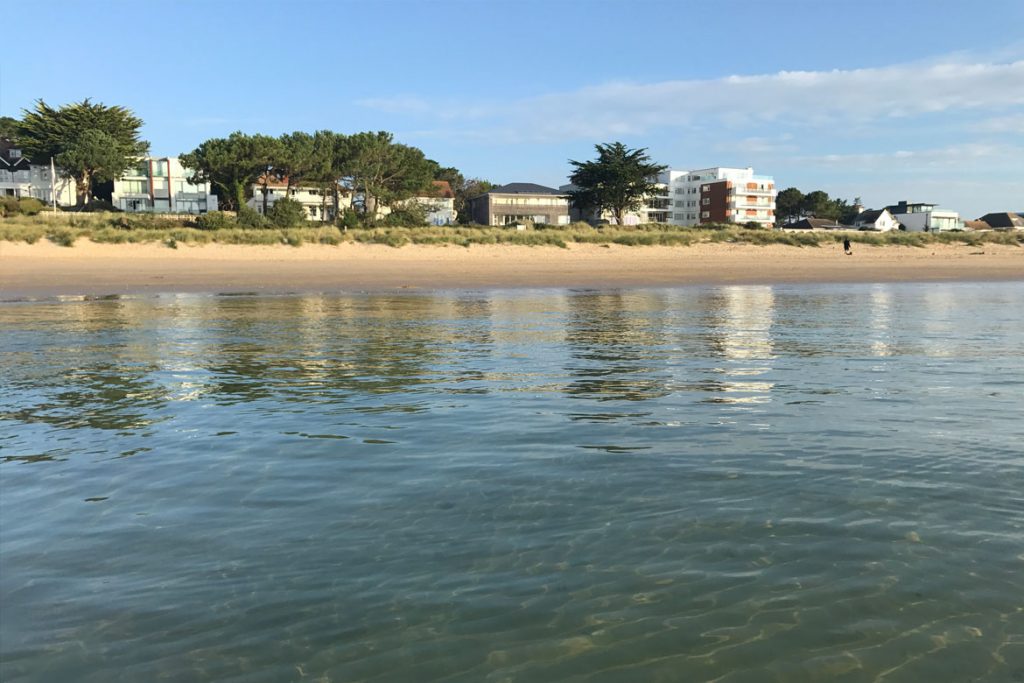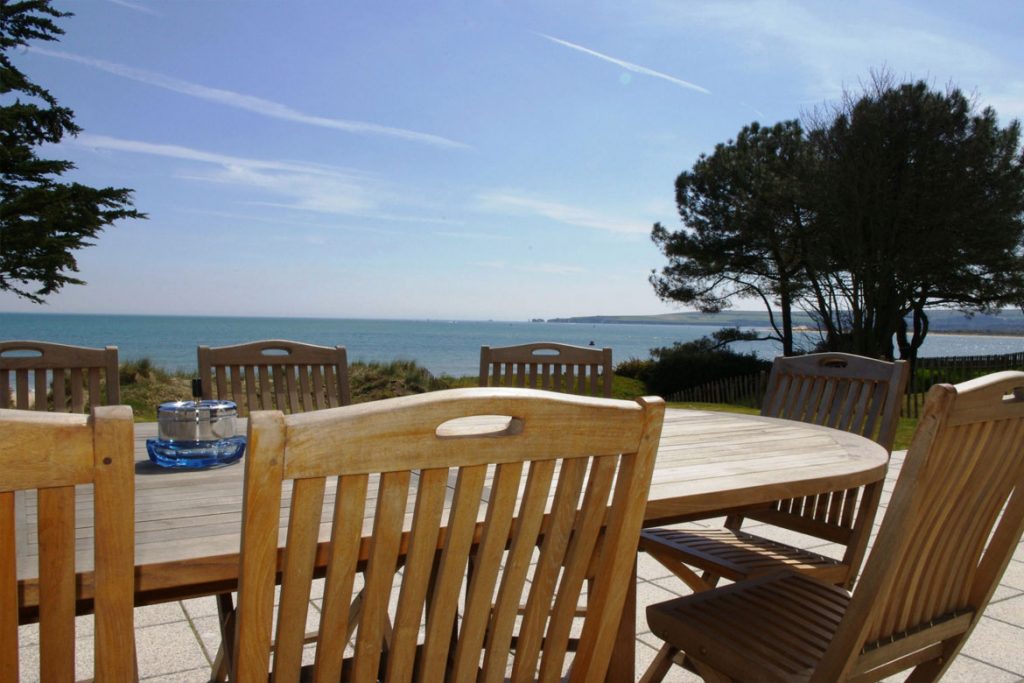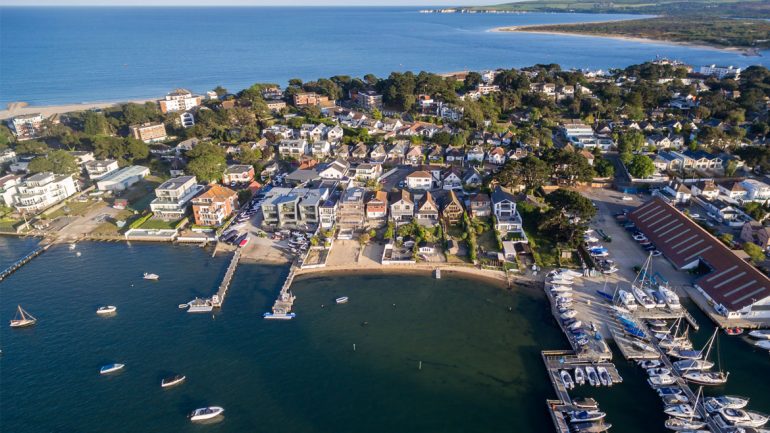The perception that you are not paying for something can lead to irrational decisions.
I’ve been selling things since I was seven years old so at 54 I’m surely too long in the tooth to be swayed by offers of free things as I know perfectly well that everything is included in the price somewhere. I stay in hotels a lot and like most people my age I’m fighting a constant battle with the power of the pie so I don’t want the full English breakfast. What I do want is to sit in the breakfast room with my wife, eat some fruit and perhaps poached eggs on toast (no butter of course). This influences my choices in two ways, first of all I nearly always book a place where breakfast is included which would be entirely logical if I stuck strictly to a nightly rate but I don’t. Looking back at my booking history (on booking.com which I love as it’s ‘free’) I can see that I choose a variety of prices and definitely sometimes pay more for a bed and breakfast rate than I would have spent for a room with breakfast extra but paying £10-£15 for cereal and coffee just prevents me from enjoying it even though the price of room and breakfast together may well be less than the inclusive rate I paid last week.
My behaviour is also different if I do pay for the breakfast, inevitably I will be tempted go for the full English so as to get value for money, even though I don’t really want it and having paid for the breakfast it’s not going to change the amount of money left in the bank however much I eat. This is not rational behaviour but it is I suspect typical.

The Academic Evidence
One of the classic business and marketing books of all time is Predictably Irrational by Dan Ariely which includes an experiment with selling chocolates (something else that the customer probably didn’t really want). Dan and his team offered people the choice of a cheap and nasty chocolate for 1 cent or a high end truffle for 15 cents which was clearly worth much more and about three quarters of people went for the truffle which is logical as it was clearly much better value and the price was inconsequential anyway.
For the next experiment the price of each product was lowered by one cent so 14 cents for the truffle and the cheap candy was free. The price differential was the same but now two thirds of people went for the free sweet even though the truffle was even better value at the new price.
Ariely postulates that the preference for free even when it isn’t the rational choice is down to an aversion to loss i.e. a free item carries no risk which may well be the case though I’ve also heard the theory that to our hunter gatherer brains free things represent the proverbial ‘low hanging fruit’, a resource that can be obtained with near zero effort.
In a frankly terrifying follow up the team recorded an event at a New York night club offering ‘free tattoos’ with the ticket. In a large open room in an old industrial building the tattoo station was a small portable table, two folding chairs and a cheap floor lamp. Surely nobody sober would have paid for this potential health hazard and when questioned 68% of the queue confirmed that they wouldn’t have got the tattoo if it wasn’t free.

Application in the Holiday Market
I’m a firm believer that this principle is even more relevant to marketing a holiday cottage than other things. I’ve banged on about this before but the key thing to remember is that guests are looking for a reason not to pick your property- If you want to go to Sandbanks or any other popular location in September a couple of searches will give you dozens of options. You can’t possibly look in detail at all of them so to whittle them down to a manageable number you eliminate some on a fairly arbitrary basis and include others on a shortlist because of one detail like sea view or parking.
Dogs go free, woodburner with free logs supplied, free use of bikes or surfboards are all the sorts of things that can keep you in the running. Charging for WiFi, heating or towels will get you eliminated straight away. Nowadays most things are included but the item most up for debate is dog charges. I am absolutely convinced that you will get less income if you charge extra for dogs. 20 people bringing a dog per year at £25 is £500 so one extra booking per 2 years will probably cover this. You may say you are full anyway even with the dog charge but this just shows that the price is too low. Much better to add £10 or even £20 to each week and say dogs go free. This is especially true if you advertise with a big agency where you have the choice of charging or not- if every cottage has a dog charge the effect will be less (not eliminated) but if you present people with a list of mixed dog free and dogs pay you’ll definitely notice a difference. Some even have the option to filter by ‘dogs go free’ in which case you’d be mad to charge.
Think about what you already include for your guests and if it’s not something everybody does then advertise it and consider what you could provide- a few pounds worth of hotel style toiletries or fancy drinking chocolate can be a very effective investment.
Simon Tolson owns Rumsey Holiday Homes in Sandbanks and a portfolio of holiday cottage agencies in Cornwall.
Contact Simon on:
t. 01202 707 357
e. simon@rumseyofsandbanks.co.uk
w. www.sandbanksbeachholidays.co.uk
a. 2 Banks Road, Sandbanks, Poole, Dorset BH13 7QD


Leave a Reply